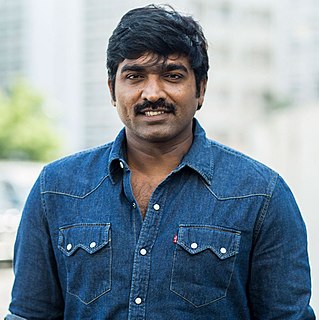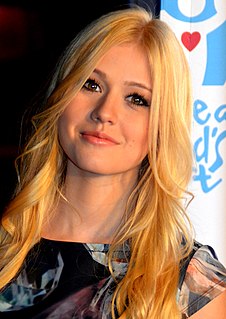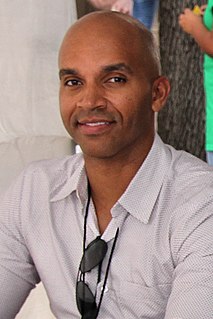A Quote by Marjane Satrapi
If it's a good work of adaptation, the book should remain a book and the film should remain a film, and you should not necessarily read the book to see the film. If you do need that, then that means that it's a failure. That is what I think.
Related Quotes
A film, since it is primarily a visual medium, should really be like a silent film. You should be able to watch something and understand what was going on and use voice when you need to communicate something you can't necessarily communicate visually. The book is the opposite. The book is an inner monologue which is beautiful.
You know, not every good book needs to be a movie, or a television series, or a video game. There's great work in those mediums, of course, but sometimes a book should remain a book. I still believe nothing tells a story with the richness and complexity of a good novel. When people say they think a book would make a good movie, they say this sometimes because, if it worked, they already saw all the images in the movie theatre that is in their brains. And sometimes that is the way it should stay.
I think, for me, there's The Book I Should Write and The Book I Wanted to Write - and they weren't the same book. The Book I Should Write should be realistic, since I studied English Lit. It should be cultural. It should reflect where I am today. The Book I Wanted to Write would probably include flying women, magic, and all of that.
I was in a store in Halifax, Nova Scotia that I love, sort of like an environmental friendly sort of store. But they had a great book section. So I went in there all the time. The woman who worked there - which I feel so bad; I've forgotten her name - she handed me the book and she said, "Hey, you should read this. I think it would make a good movie." I remember reading the back of it and I was like, "Huh." Then I just devoured the book and I was so moved by it and said, "Why don't we start developing this into a film?" So that's how it ['Into the Forest'] all started.
I think 'The Girl with the Dragon Tattoo' is a good example of a film where you have to juggle a whole lot of information to follow that story, and even if you haven't read the book, it seems to go pretty well. And that is a film where the characters didn't meet until 74 minutes into the film, not on page 17.
The book I am best known for, or only known for, is a novel I am prepared to repudiate: written a quarter of a century ago, a jeu d'esprit knocked off for money in three weeks, it became known as the raw material for a film which seemed to glorify sex and violence. The film made it easy for readers of the book to misunderstand what it was about, and the misunderstanding will pursue me till I die. I should not have written the book because of this danger of misinterpretation.







































